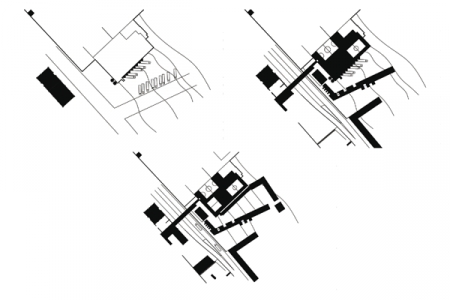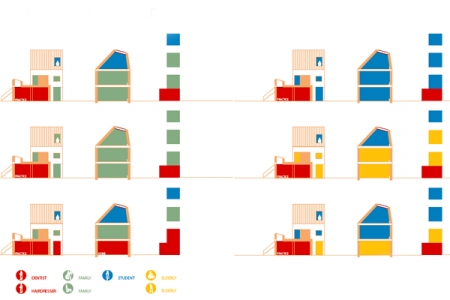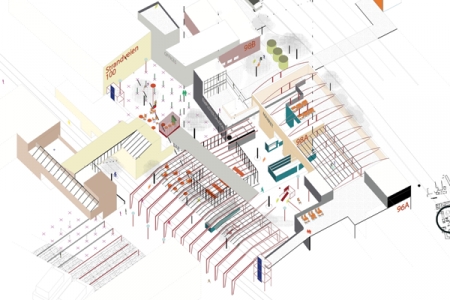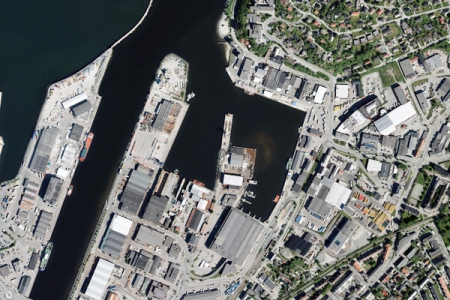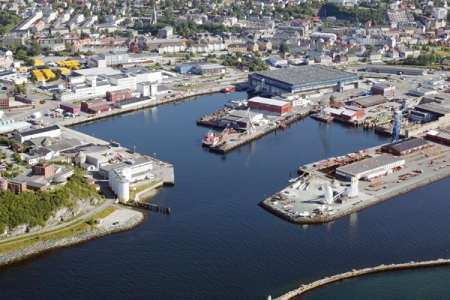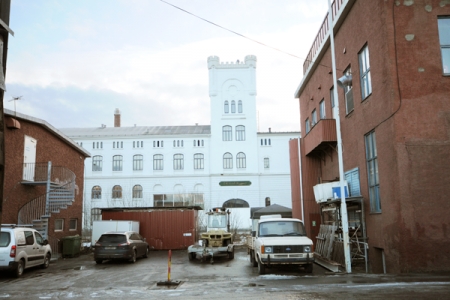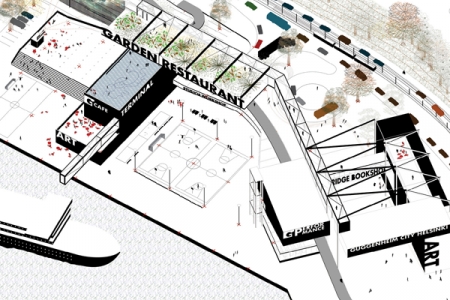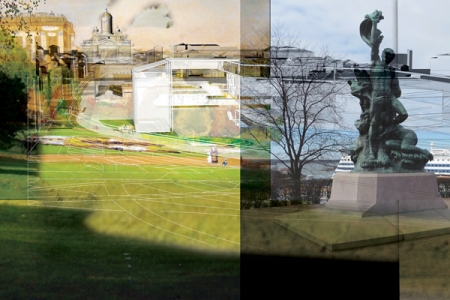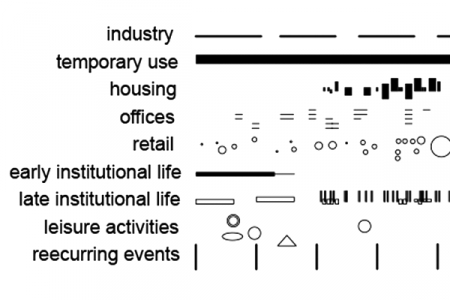More Trondheim
Trondheim (NO) - Mentionné
DONNÉES DE L’ÉQUIPE
Représentant d'équipe : Dominique Hauderowicz (DK) – architecte ; Associé : Kristian Ly Serena (DK) – architecte
Studio Fountainhead, Fredriksborgvej 64, 2400 København – Danmark
+45 20979923 – info@studiofountainhead.dk - www.studiofountainhead.dk
Voir la liste complète des portraits ici
Voir la page du site ici

K. Ly Serena & D. Hauderowicz
INTERVIEW en anglais
Cliquer sur les images pour les agrandir
1. How did you form the team for the competition?
Studio Fountainhead is an architectural office based in Copenhagen, founded by Dominique Hauderowicz and Kristian Ly Serena in 2013.
2. How do you define the main issue of your project, and how did you answer on this session main topic: Adaptability through Self-Organization, Sharing and/or Project (Process)?
Our projects’ main focus is ‘Adaptability’ - we have tried to deal with this notion in different ways and scales throughout the project. It was important for us to develop a series of ideas and concepts that are robust - a solid framework that allows various things to happen.
3. How did this issue and the questions raised by the site mutation meet?
The theme of adaptability and the site in Trondheim was a very good match. The site has a lot of potential and there are various actors and frameworks of time in action at the same time. Because the area is large and the site is part of an even bigger masterplan, it was important to work with strategies –both programmatic and spatial– that could develop over time, instead of just proposing a finished masterplan.
4. Have you treated this issue previously? What were the reference projects that inspired yours?
In our work we take great interest in the development of architecture and urban space that address democratic values and potentials in different ways. The office builds upon an understanding of architecture not only as a way of design, but as a way of promoting interaction and manifestation of these values. The Studio’s work emphasizes on untraditional mixes of programmes and economic interests, such as our rewarded proposal for the Guggenheim museum in Helsinki. We try to work with the complexities in our field, not to simplify them – but to embrace work with things that are complex and unruly.
5. Today –at the era of economic crisis and sustainability– the urban-architectural project should reconsider its production method in time; how did you integrate this issue in your project?
Our work adresses a number of issues that we feel are very current and “post 2008“, so to say. We definitely try to see our work as part of dealing with these current issues – regarding rising prizes, rising mortgage rates, segregation of demographic and economic groups etc. Having a Scandinavian background we take great interest in the role of the welfare state and how it can be developed to be sustainable, also economically in the future. All of these issues are very important to us and we do believe that we should,and can deal with them in and through architecture.
6. Is it the first time you have been awarded a prize at Europan? How could this help you in your professional career?
Yes, it is our first time participating in Europan, and thus our first rewarded project. The competition has a very interesting format and very skilled organizers and jurors. We of course hope that we will be able to further develop our work in collaboration with the commune of Trondheim, as we think this is a great opportunity to develop an important area of the city. Furthermore it means a lot to us to be able to showcase our work in an international forum.
